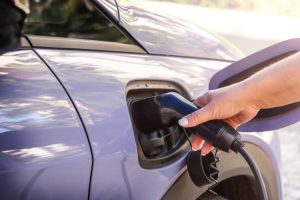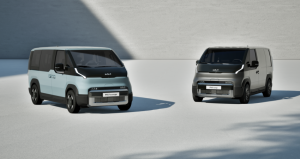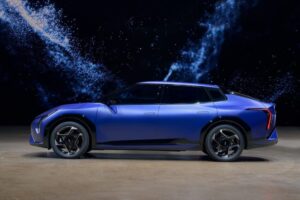Stellantis has reached a major landmark in solid state battery development for its next generation of EVs, according to the automaker.
Working with Factorial Energy, the company reports its recent testing on full-sized battery packs has achieved new benchmarks in energy density and charging speeds.
The latest FEST (Factorial Electrolyte System Technology) cells demonstrated energy density of 375Wh/kg in a 77kWh pack. Tesla’s latest lithium-ion packs offer around 250Wh/kg by comparison. Tests show the batteries can charge from 15% to 90% in just 18 minutes – faster than current batteries that take similar time to go from 20-80%.
The new cells also function effectively in extreme temperatures ranging from -30C to 45C.
“Reaching this level of performance reflects the strengths of our collaboration with Factorial,” said Ned Curic, Stellantis chief engineering and technology officer. “This breakthrough puts us at the forefront of the solid-state revolution, but we are not stopping there. We continue working together to push the boundaries and deliver even more advanced solutions, bringing us closer to lighter, more efficient batteries that reduce costs for our customers.”
Solid state batteries represent a significant advancement in EV technology. They offer better durability, energy density and faster charging in smaller, lighter packs. This could enable smaller, lighter and cheaper EVs with performance similar to today’s flagship vehicles.
Scaling the technology to automotive use remains challenging.
Several other automakers are developing similar technology. Mercedes is also partnering with Factorial Energy. Earlier this year, the companies revealed a modified EQS running on a solid state battery with a range exceeding 600 miles – more than 100 miles beyond the current production EQS.
Volkswagen is working with QuantumScape on its own system. Nissan and Toyota both plan to have commercially viable solid state batteries ready by 2028.
Stellantis aims to have solid state-powered test vehicles on roads by 2026. The initial vehicles will be next-generation Dodge Charger Daytonas, but the company says other vehicles based on its STLA Large platform will also use the technology – including SUVs and performance models from Maserati, Alfa Romeo, Jeep and Chrysler.





